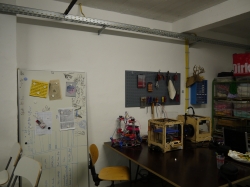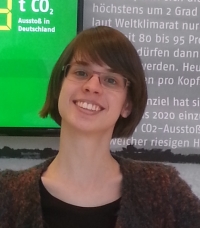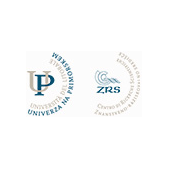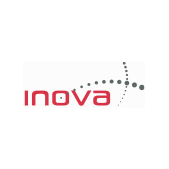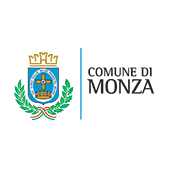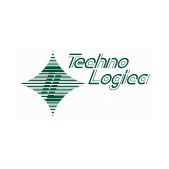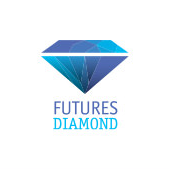In the Unionviertel, Dortmund’s uprising creative neighbourhood, a little hidden in a rear house, the new nucleus of the city’s maker scene is located. The Dezentrale is a project of the Fraunhofer UMSICHT Institute and was founded by Jürgen Bertling, head of department of the “Idea Factory of Future Products”. It understands itself as collaborative laboratory for dealing with pressing future issues. Therefore, it offers a platform where committed citizens, scientists, craftsmen, designers and engineers are given the opportunity to plan, develop and realize collaborative projects. For realizing the users‘ ideas, the FabLab (short for fabrication laboratory) is well equipped with a 3D-printer and a laser cutter as well as an extensive collection of fixtures and tools. Every Wednesday afternoon, the Dezentrale is open for all interested citizens to suggest ideas and maybe start a new technological project. At the moment, a group of scientists is working on thermoplastic polyurethane as an innovative elastomer material for 3D-printing. On Monday afternoon, the Fablab deals with biological and bionic issues. However, the Dezentrale’s overall goal is more than just being a playground for technologically interested people.
The FabLab approach is not a German invention: The first FabLab was founded 2002 at the Massachusetts Institute of Technology (MIT) by Neil Gershenfeld, physicist and computer scientist. The core idea is the development and production of products outside the established structures of fabrication and consumption and the imparting of knowledge and practices necessary in a setting outside the classical education system.
“We are working on the democratization of innovation and production”, says founder Jürgen Bertling. “Our aim is to overcome the rigid trisection of research and development inventing, companies producing and citizens consuming goods.” Due to globalization, regions are constantly gaining relevance which may be one driver for the increasing clamour for bottom-up strategies, not only in the scope of lived democracy but also when it comes to sharing knowledge and ideas for production. FabLabs, Repair Cafés, Crowdsourcing and Sharing Economy are just a few of many examples of social innovation representing a paradigm shift in the framework of conditions regarding economy and participation. In order to initiate diffusion, in fall of 2014 the Dezentrale and Fraunhofer UMSICHT were involved in the “Innovative Citizen Festival” in Dortmund, a one-week event dealing with all aspects of maker culture, technology consequences, decentralization, degrowth and entrepreneurship. Jürgen Bertling is sure: “The FabLab is just the start.”
Follow the Dezentrale on Facebook
For more information about the Innovative Citizen Festival, check here.
Relevant themes:
Public participation, Sustainable innovation, Raw materials, Resource efficiency
Relevant tags: Social innovation, Technological innovation, Sustainability, Sustainable lifestyles, Circular economy

